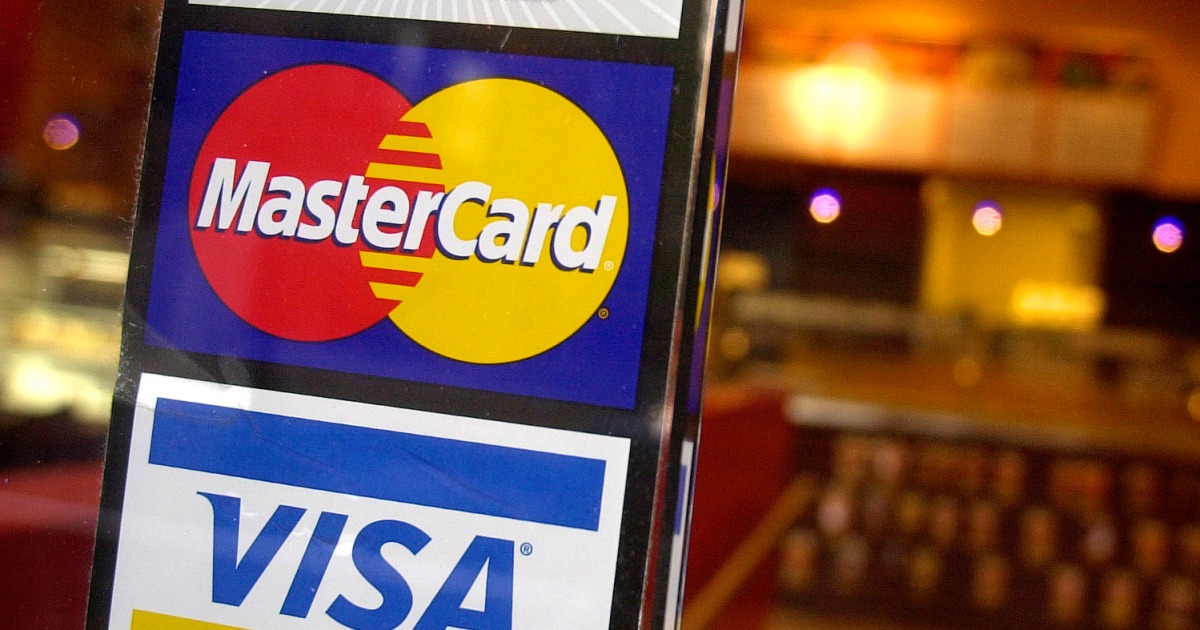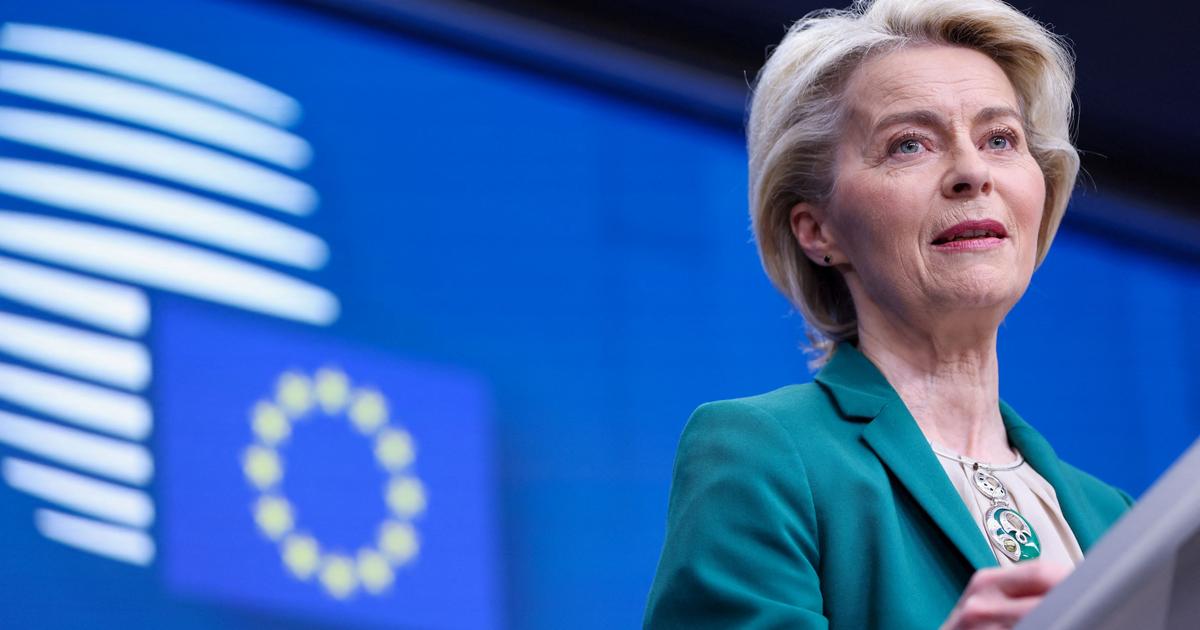Dispute over the tank discount: “Antitrust law could take effect now”
Created: 06/15/2022, 09:27
By: Hannes Koch
tank discount?
The discount hardly reaches the consumer.
© Daniel Reinhardt / dpa
The consumer hardly gets anything from the tank discount.
The former head of the Monopolies Commission, Daniel Zimmer, explains the possibilities of antitrust law.
Munich – The dispute over the tank discount continues.
After the prices at the petrol stations only fell briefly and slightly despite the tax cut, the antitrust law should now take care of it.
We talked about it with the former head of the Monopolies Commission, Daniel Zimmer.
The petrol station groups are suspected of not passing on the complete tax reduction of around 30 cents per liter of petrol and 14 cents for diesel to consumers.
Federal Minister of Economics Robert Habeck (Greens) now wants to tighten antitrust law.
Can this help?
First of all, the applicable law should be implemented.
In the law against restraints of competition, there is paragraph 34, which already allows the skimming off of unlawful profits from companies.
If Habeck's allegation is verifiable, the mineral oil companies would have set excessively high prices.
Then the Federal Cartel Office should take a more aggressive approach.
The argument against the companies BP, Eni, Shell, Total and others is that they have made fuel more expensive at the filling stations as the world market price rises.
So they would pocket part of the tax cut.
Do you see evidence for this?
A few large, dominant corporations operate on the market for petrol and diesel.
They form an oligopoly -- that can be taken for granted.
They base their pricing policy not only on their costs, but also on what customers are willing to pay.
At least that is the behavior that economists would expect from profit-maximizing market dominators.
An economic consideration therefore suggests that the corporations are partially decoupling themselves from the world market price and are not fully passing on the tax reduction.
“Consumers benefit when prices are easily comparable”
According to current law, it is necessary to prove that companies have concrete price agreements before the state can intervene, right?
no
Evidence of collusion or coordinated behavior would be necessary to prove a violation of the prohibition on cartels.
In addition to the ban on cartels, antitrust law also prohibits the abuse of dominant positions.
Such abuse may consist in particular in asking for prices which are considerably higher than those which would result from effective competition.
This also applies in the case of a collective market dominance of several suppliers, which I would assume on the fuel markets.
If the corporations essentially maintain the previous price level with a significant reduction in their costs based on the so-called tank discount, the appearance speaks for the assumption of abusively excessive prices.
also read
Inflation: That's how much inflation eats from your salary - and that's how much you have to earn to make up for it
Pensions are increasing: You will get so much more from July 2022
The so-called market transparency office was set up years ago.
Drivers can check at any time which petrol station has the cheapest fuel.
Was that a shot in the oven?
No, consumers benefit when prices are easily comparable.
Nevertheless, the effect is limited.
Because we see the phenomenon of implicit coordination among the oil companies.
In certain situations, consumers are left at a disadvantage.
The Economics Minister not only wants to siphon off the oil companies' unjustified profits, but also, in extreme cases, to smash them.
What do you make of it?
This is not a new idea.
The FDP wanted to push this through in the black-yellow coalition around 2010.
However, the project met with massive resistance from the industry association BDI, among others, and could not be done with the Union.
The idea was to be able to split up companies even if they attained a dominant position through internal growth.
According to current law, something like this is only possible if companies merge.
This is indeed an antitrust blind spot that should be eliminated.
FDP Finance Minister Christian Lindner says that companies like Eni, BP and Shell, whose headquarters are abroad, cannot be dismantled in Germany.
Is that correct?
If a new option for unbundling based on internal growth were created, the Cartel Office could oblige groups to sell a certain number of gas stations in Germany.
That would stimulate competition.
Interview: Hannes Koch












/cloudfront-eu-central-1.images.arcpublishing.com/prisa/KMEYMJKESBAZBE4MRBAM4TGHIQ.jpg)


